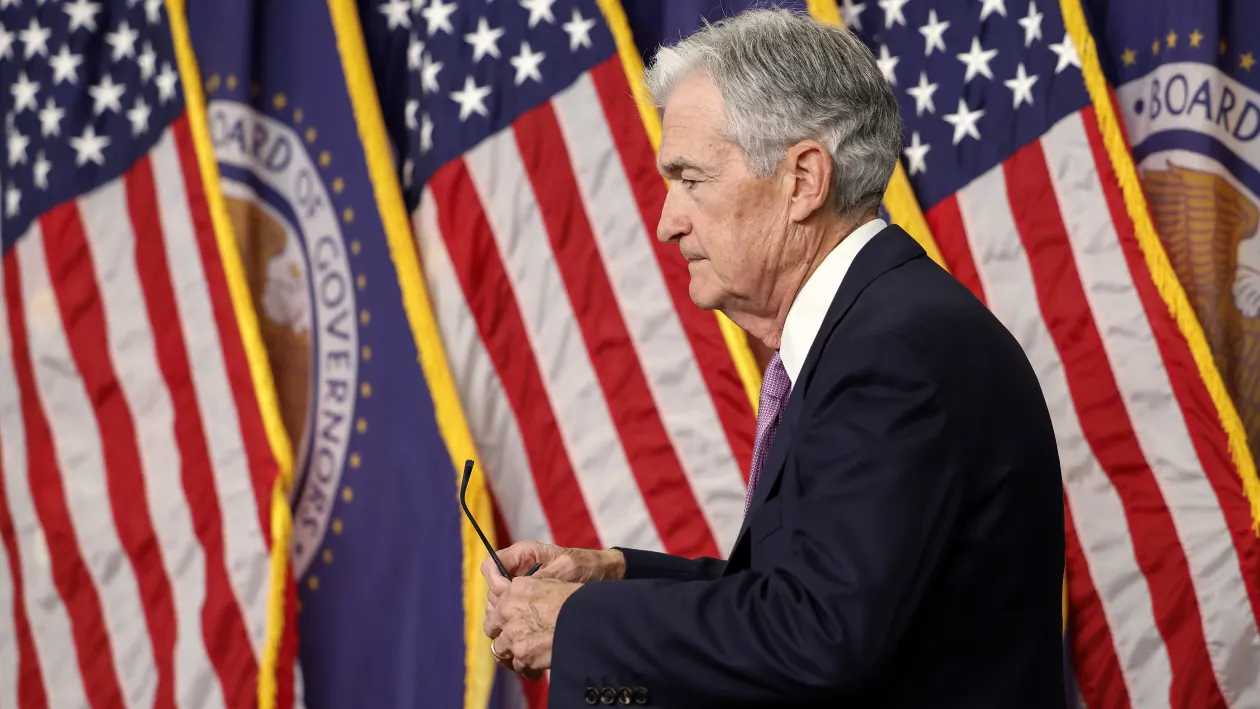British defense officials are vying to secure more funding as Finance Minister Rachel Reeves’ upcoming Autumn budget risks exacerbating already beleaguered efforts to boost military investment.
Maria Eagle, the U.K.’s minister of defense procurement, joined a chorus of voices that called on the sector to prove that it could be more efficient under the new government, as the Treasury grapples with allocating its stretched finances.
“We’ve got to make sure that there is an understanding across government — and especially in the Treasury — that spending money on defense is a good way to spend it,” Eagle told a packed room of delegates at the Labour Party conference over Sept.22-25.
“Let’s try and make sure that we can persuade the Treasury that we’re good enough custodians of the 2.5% that we’re aiming at,” said Eagle, who assumed the post in July. “If we show we can spend the money better, we cut the waste, and we have a common understanding of what we need and how to get it.”
Prime Minister Keir Starmer in July reiterated his commitment to increase U.K. defense spending to 2.5% of gross domestic product (GDP) — a goal mirrored by many fellow NATO members — but he has not yet set a time frame for that objective.
Meanwhile, the war in Ukraine has cast a spotlight on deep inefficiencies within Britain’s defense sectors, provoking calls for reform.
A 72-page House of Lords report published Thursday last week warned of “burdensome bureaucracy” in military recruitment and “cumbersome” procurement processes. Unless “laser-sharp priorities” are set, even 2.5% might not be enough to meet the country’s defense needs, it said, adding that the government must acknowledge the essential need for higher defense spending and communicate that to the public.
Reeves’ budget in focus
The industry is now awaiting Reeves’ Oct.30 budget statement, during which she will provide an update on spending plans for the Ministry of Defense (MoD) and other departments over the coming years.
The chancellor has already made clear that there will be cross-department budget cuts and few, if any, giveaways, after saying her party discovered a £22 billion ($29 billion) “black hole” in the public finances and with national debt now running at 100% of GDP. Reeves’ predecessor Jeremy Hunt from the rival Conservative Party has denied the claims as “fictitious.”
The measures are expected to pile the pressure on already stretched military spending. The U.K.’s National Audit Office last year warned that the armed forces face the largest deficit since records began in 2012 — an issue exacerbated by inflation. As such, the MoD last month reportedly asked industry suppliers to identify areas for immediate budget cuts.



